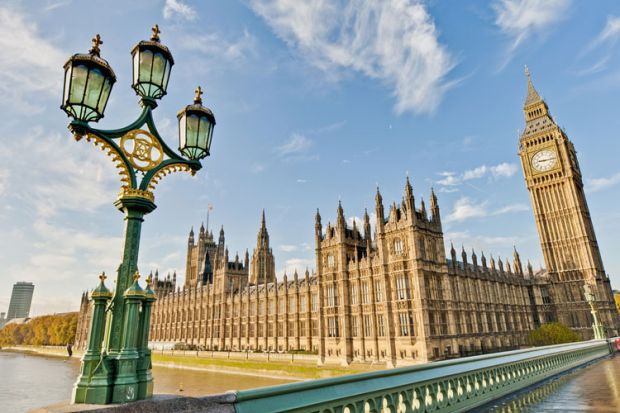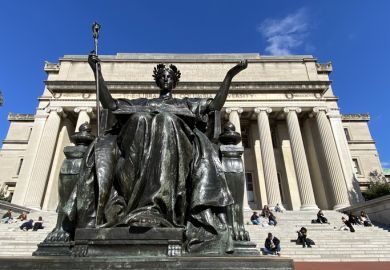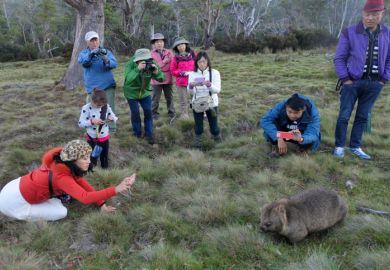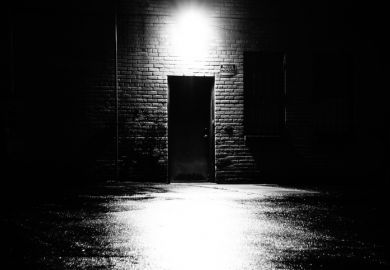With all the polls before 7 May pointing to another hung Parliament, the UK’s academic constitutional and parliamentary experts have been gearing up to take centre stage in any resulting post-election drama.
According to Robert Hazell, director of the Constitution Unit at University College London, who will feature in ITV’s election night coverage, a “fundamental misconception” in current debates on a hung Parliament has arisen “because for the last 50 to 60 years, we’re used to a single party winning an overall majority”.
“We think that in a general election we’re electing a government. We’re not. It’s a parliamentary election and we’re electing a Parliament.” It is Parliament that then “decides who shall form the next government”, Professor Hazell said.
He added that he had been “working quite closely” with the Cabinet Office for its contingency planning in the event of a hung Parliament.
Vernon Bogdanor, research professor at the Institute for Contemporary British History at King’s College London, will also be a guest during ITV’s election night coverage.
Asked about the misconceptions of hung Parliament scenarios, he singled out “the one that [Liberal Democrat leader] Nick Clegg made: [that] a government formed by the second-largest party in terms of seats would somehow be illegitimate”.
Professor Bogdanor warned that “we have a multi-party system, but an electoral system which is really suited to a two-party system”. He added: “I think the issue of electoral reform, proportional representation, will come on to the agenda after the election.”
Colin Talbot, professor of government at the University of Manchester, attracted media attention in the run-up to the election with a post on his blog that said that the Scottish National Party would have no scope to propose extra spending under a minority Labour government at Westminster.
Professor Talbot, who has advised committees at Westminster and Holyrood, said: “Some of them [the SNP], particularly the ones that hadn’t been to Westminster – they were working on assumptions about the way in which the Scottish parliament operates, which, particularly around things like budget issues, is very different to the way in which Westminster operates.”
He continued: “At one point [SNP leader Nicola] Sturgeon was actually saying: ‘We’re going to go to London and propose increases in health spending.’ Well, you can’t.”
Professor Talbot has also argued on his blog that the Fixed-term Parliaments Act 2011 has “fundamentally changed” how governments will form, by increasing the obstacles to removing a government between elections. This means that a minority government could be more stable than it would have been prior to the act.
Professor Talbot, who started blogging as an “alternative to shouting at the radio every morning”, said that his blog had attracted just under 10,000 hits in 10 days.
“It’s very small by media standards, but by academic standards it’s huge…Social media has made a huge difference in terms of how much impact you can have and how quickly,” he said.
Could the election and postelection period be a time when academics and their research can play a useful public role?
Professor Talbot said: “I think [they] can in terms of trying to frame debate, particularly in the media, and steer media away from making gross mistakes about what the ground rules are and what the history is.”
Register to continue
Why register?
- Registration is free and only takes a moment
- Once registered, you can read 3 articles a month
- Sign up for our newsletter
Subscribe
Or subscribe for unlimited access to:
- Unlimited access to news, views, insights & reviews
- Digital editions
- Digital access to THE’s university and college rankings analysis
Already registered or a current subscriber? Login





